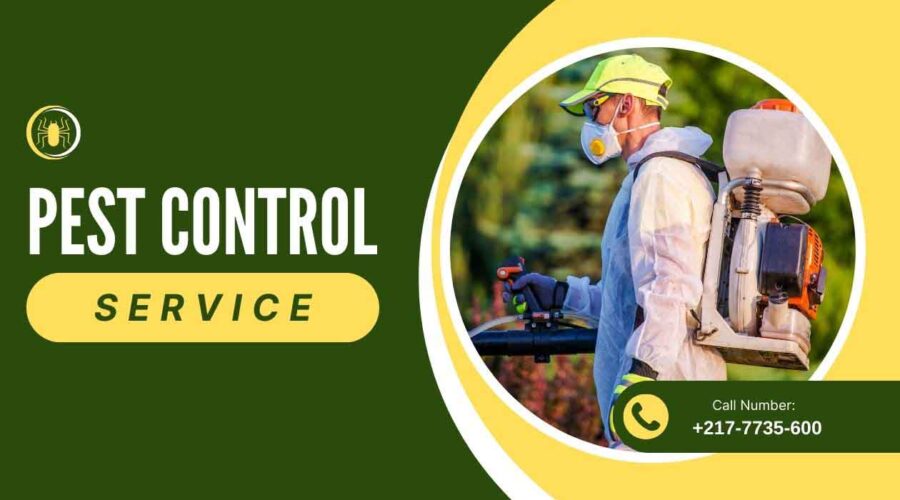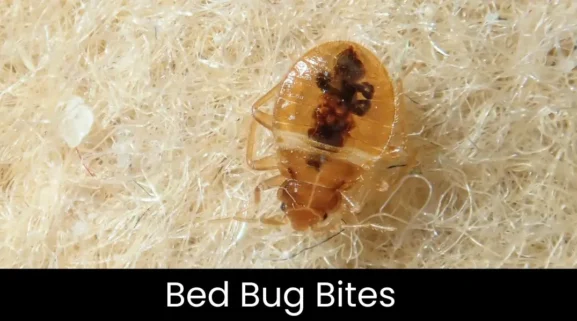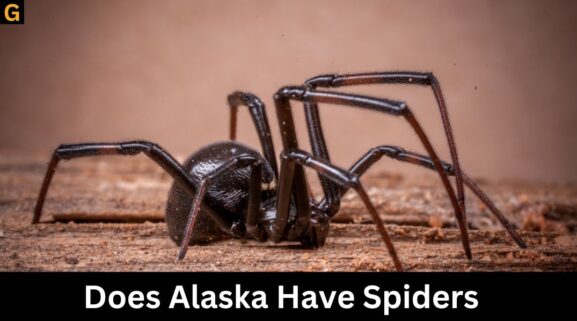General Pest Control: Georgia’s Invasive Species Threats
Georgia has a favourable climate and diverse environment for human and animal activity, as well as invasive pest populations. In recent years, two species arrived in the state and have become particularly worrisome: the Asian long-horned tick and the spotted lantern fly. These pests are not just an annoyance; they are also a threat to human beings, food crops, and the natural ecosystem. Knowing these invasive species and an effort to control them is very important to protect our homes, farms and the entire community. Here in this blog let us explore more on what these pests bring to Georgia concerning ecological issues and how we solve the problem. General Pest Control strategies can go a long way in fighting this emerging menace and homeowners have a crucial role to play.
Understanding Georgia’s New Pest Threats
The Asian Longhorned Tick:
Another tick that has raised a lot of attention is Georgia. Because of its rapidly increasing reproduction and borne disease potential is the Asian long-horned tick (Haemaphysalis longicornis). Originally found in East Asia, it was first reported in the United States in 2017. Has now been found in several states including Georgia.
Key Facts:
- Unique Reproduction: Female ticks can lay their eggs without the help of a male tick, which can give off thousands of eggs. This trait causes exponential population growth within a relatively short period only.
- Health Risks: It is a carrier of diseases like Lyme disease, anaplasmosis, and more recently the Powassan virus. These illnesses are dangerous and the symptoms range can include fever and neurological disorders.
- Livestock Threats: Growers and ranchers in Georgia stated that cattle are weak and milk yield is down as a direct result of the mite infestations. In more serious cases, loss of livestock or stock has been reported to have happened.
The Spotted Lanternfly
Another beleaguered invasive species that threatens Georgia is the spotted lanternfly Lycorma delicatula. This impressive-looking pest is native to Asia and was first identified in the United States in 2014. Its arrival in Georgia has caused concern regarding the harm it does to crops and trees.
Key Facts:
- Crop Damage: Spotted lanternfly consumes more than 70 different plants, that peach, grape, and hop industries in Georgia are depending on.
- Reproductive Spread: This pest lays egg masses on many different things, including vehicles, outdoor furniture and firewood and thus can easily be transported from one place to another.
- Environmental Impact: Its feeding habit reduces the strength of trees and plants, and they become vulnerable to diseases and other pests.
Why Invasive Species Are a Growing Concern
Invasive pests are not unique to a particular region; they bring wide-ranging impacts that are present in Georgia.
- Agricultural Losses: Agriculture in Georgia particularly such produce as peaches, pecans and grapes stands highly threatened by these attacks. Some of the hates include; reduced crop yields and the menace that can cause production losses. Hence less produce to sell, and higher costs of eradicating the pest through pesticides among others.
- Threat to Native Ecosystems: They affect the balance as they replace native plants and animals and overpower them. It can also lead to very long-term effects on the ecology of the areas involved.
- Human and Animal Health Risks: Like any other diseases transmitted by ticks, diseases transmitted by the Asian longhorned tick are directly dangerous to people, pets, and livestock.
As such, preventive measures such as General Pest Control should be implemented to help reduce the impact of such risks.
How General Pest Control Can Help
The eradication of invasive species has to be planned in the right manner to be successful. Here’s how professional General Pest Control services can make a difference:
- Early Detection: The use of skilled pest control personnel can help in the early detection of pests within a business premise thereby checking their spread.
- Targeted Treatment: Integrated pest management involves using very strategic methods the eliminate the nuisance species with minimal disturbance to the other useful species.
- Preventative Measures: Follow-up practices ensure that the environment is not conducive for other sorts of pest invasions hence decreasing the chances of pests making new invasions.
- Education and Awareness: Most pest control specialists not only remove pests from homes but also advise homeowners on measures they can take to avoid pest infestations, for example, closing all possible entryways to pests and keeping yards tidy.
Practical Tips for Managing and Preventing Invasive Pests
Professional services are necessary, but the homeowner can do a lot to protect the property and neighbours.
For the Asian Longhorned Tick
- Maintain a Tidy Yard: Mow the grass of your lawn often and trim shrubs and clear dead leaves because they are ideal for the breeding of these ticks.
- Protect Pets and Livestock: Get your pets immune to ticks by using vet-recommended repellents for animals and position fences around animal pens to reduce exposure to ticks.
- Wear Protective Clothing: If you’re out in places with high risks of mosquito bites, ensure you wear long arm and leg covers, and apply products with DEET or permethrin repellents.
For the Spotted Lanternfly
- Inspect Outdoor Items: If you have to transport firewood, cars or any equipment used outdoors, ensure that you look for egg masses and destroy them.
- Eliminate Host Plants: Cut out the tree of heaven (Ailanthus altissima) from your compound as it serves as a favourite breeding ground for the Spotted Lanternfly.
- Encourage Natural Predators: As other predators of lanternflies, birds and insects can be of equal assistance in suppressing the population.
General Prevention Tips
- Seal Entry Points: Seal cracks and other ell openings through which pests may have easy access to your house.
- Monitor Regularly: In addition, pests leave signs of their activities behind they might damage plants, insects may be moving in an untypical manner, and ticks might bite.
- Engage Professionals: In case you notice the early indicators of infestation, seek help from a Pest Control service near you.
Community Involvement in Pest Control
Because invasive species have impacts on the community level, everybody needs to act. Here’s how you can contribute:
- Report Sightings: Several invasive pests are currently established in the United States, however, if you find one of them, then make sure that you inform the Georgia Department of Agriculture or your local extension office.
- Join Local Efforts: Volunteer for organizations that educate people on pest prevention including ticks or lanternflies.
- Educate Others: Educate neighbours concerning the presence of invasive pests and steps that need to be taken to limit their spread.
The Economic and Environmental Impact of Invasive Species
Invasive pests are an issue larger than simply a homeowner’s nuisance they also impact Georgia’s economy and environment.
Economic Consequences
- Agricultural Losses: Creatures have attacked both peaches and grapes, reducing farmers’ yields and increasing their expenditure on pest control.
- Tourism Impact: Many people visit Georgia because of the natural resources the state possesses; however, the invasive pests pose a threat to the physical features people enjoy when visiting the beautiful natural sceneries.
- Increased Control Costs: Eradication and the management of invasive species are usually costly processes as they involve monitoring and containment, assessment and treatment besides the restoration phase.
Environmental Damage
- Loss of Biodiversity: An invasive pest outcompete local species, which results in the loss of species variety.
- Ecosystem Disruption: Local ecosystems become unbalanced leading to a disorderly impact on plants, animals and even water purity.
When Georgia’s residents support the General Pest Control, they can curb these effects on homes and the environment.
Conclusion
Sure, everyone loves a pest, right? But, pests such as the Asian long-horned tick and the spotted lanternfly are not just a problem. They are a real threat to Georgia’s homes, farms, and natural landscapes. You can try to mitigate their effects now so that they do not cost you an arm and leg in the future or even risk your health.
If you’re facing pest control issues or you want to avoid them, don’t wait. Call the nearest Pest Control service book an inspection today and move to the next step of a pest-free home.
Best cleaning and maintenance service provider. Go to GOGETFIX.com for quality fix solutions and environmental-friendly faeces touching services to keep your property and the community safe. Join our efforts in eradicating or controlling invasive species in Georgia, call us now!



